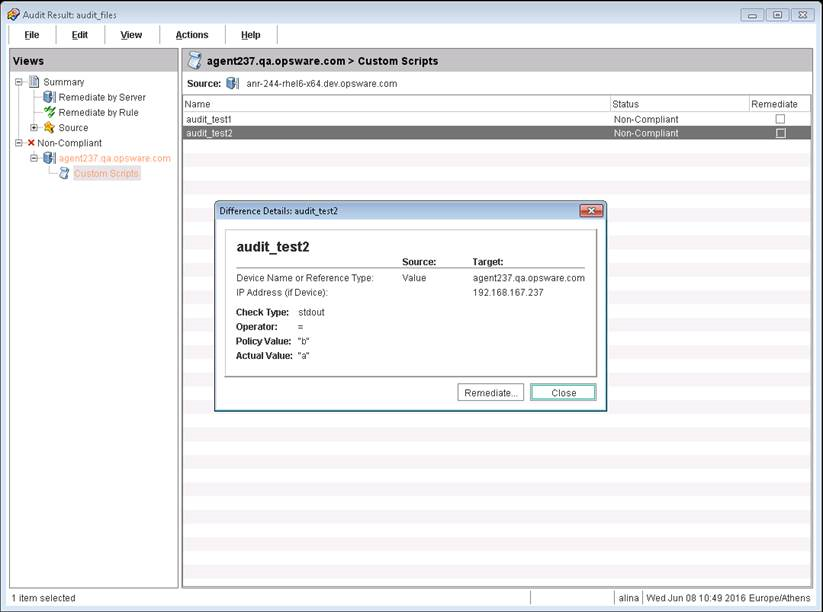Searching the Help
To search for information in the Help, type a word or phrase in the Search box. When you enter a group of words, OR is inferred. You can use Boolean operators to refine your search.
Results returned are case insensitive. However, results ranking takes case into account and assigns higher scores to case matches. Therefore, a search for "cats" followed by a search for "Cats" would return the same number of Help topics, but the order in which the topics are listed would be different.
| Search for | Example | Results |
|---|---|---|
| A single word | cat
|
Topics that contain the word "cat". You will also find its grammatical variations, such as "cats". |
|
A phrase. You can specify that the search results contain a specific phrase. |
"cat food" (quotation marks) |
Topics that contain the literal phrase "cat food" and all its grammatical variations. Without the quotation marks, the query is equivalent to specifying an OR operator, which finds topics with one of the individual words instead of the phrase. |
| Search for | Operator | Example |
|---|---|---|
|
Two or more words in the same topic |
|
|
| Either word in a topic |
|
|
| Topics that do not contain a specific word or phrase |
|
|
| Topics that contain one string and do not contain another | ^ (caret) |
cat ^ mouse
|
| A combination of search types | ( ) parentheses |
|
- Audit results
- Viewing audit results
- Remediation methods
- Viewing value-based audit results
- Remediating comparison-based audit results
- Remediating rules with inherited values
- Viewing and remediating audit results differences
- Cancelling an active remediate audit results job
- Viewing audit results with exceptions
- Searching for an audit
- Deleting an audit
- Deleting audit results
- Archiving audit results
- Exporting audit results
Viewing value-based audit results
Value-based audit results indicates if the server configuration matches the values defined in the audit rule. You can view the differences between what was defined as the expected value in the rule and the actual value found on the target server. Depending on the rule, you can remediate the difference found on the target server by replacing it with the value specified in the rule.
Some value-based rules are not remediable. For example, Windows/Unix users and groups, the Property value check is not remediable.
The following figure shows a value-based audit rule in the form of a custom script where the output of the script was different than the results of the same script run on the source server. The Status column for the rule indicates Non-Compliant, which means the output of the script rule is different between the source and the target. To fix the discrepancy, select the Remediate option and select Remediate from the Actions menu. Or, double-click the rule and click Remediate.

We welcome your comments!
To open the configured email client on this computer, open an email window.
Otherwise, copy the information below to a web mail client, and send this email to hpe_sa_docs@hpe.com.
Help Topic ID:
Product:
Topic Title:
Feedback:





